
Sign up below to receive immediate complimentary access to videos from Bio-Trac’s Seminar Series; "Special Topics in Biotechnology" featuring active research scientists from respected institutions.
Subjects: CRISPR, R Programming, Exosomes, Flow Cytometry, Epigenetics, Organ-on-a-Chip, Single Cell, Multiplex IF, BioData Hackathons, Nanotechnology, Therapeutic Antibodies and CryoEM
PRESENTER
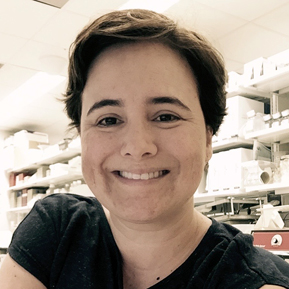
Sample Processing Considerations for Single Cell Sequencing – A Crucial Component of Experimental Design and Data Interpretation
A successful single cell study starts with a thoughtful consideration of how to prepare a cell or nuclei suspension. Choices on how to prepare sample may be intricately related to tissue type, study design and the experimental questions sought after. Knowledge of how samples were processed, including any enrichment or selection can influence data interpretation in important ways.
PRESENTER
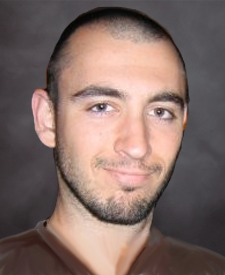
Dimensions of Validation in Multiplex IF: Staining, Imaging, and Image Analysis
The democratization of multiplex IF has resulted in the proliferation of panels and technologies of varying robustness and reproducibility. Variability can stem from staining, imaging, and image analysis. The manner in which a panel is developed and the degree to which is should be validated depend on the intended application. In this webinar, Michael Surace will describe various considerations and best practices for the development and validation of multiplex IF workflow for research and clinical applications.
PRESENTER

Useful Tips on Designing Successful CRISPR Experiments
This presentation will summarize the main molecular features and key applications of CRISPR/Cas9 genome editing technology. Representative examples of CRISPR experimental strategies will be discussed and some practical advices shared on how to design efficient CRISPR systems to achieve gene disruption or more subtle targeted alterations and insertions of desired DNA sequences.
PRESENTER
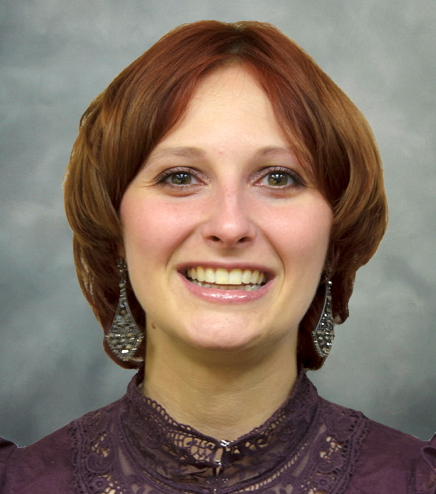
R - Harnessing the Power of the Tidyverse
This walk through presentation will demonstrate the ability to generate multiple plots with a few simple commands.
PRESENTER
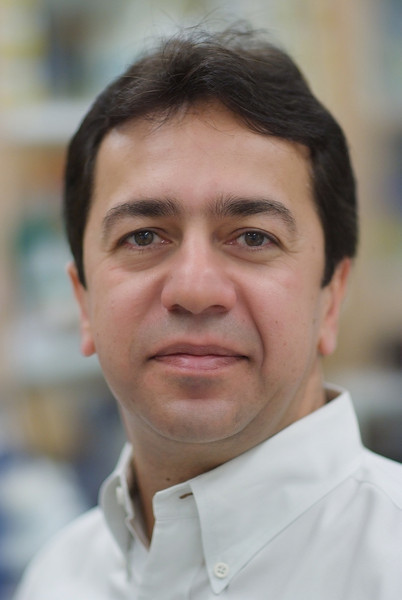
Separating Viruses from Exosomes
Dr. Kashanchi will discuss the separation of virus away from exosomes using multiple models of virus infection including HIV-1. Functional analysis of the exosomes will be discussed on recipient uninfected cells along with mechanisms of how these exosomes can control the immune cells by either cell death or reprogramming. Finally, he will discuss the latest findings on how to separate Corona viruses away from exosomes since they have similar sizes coming out of infected cells. This will aid in better understanding of the cytokine storm observed in patients post infection.
PRESENTER
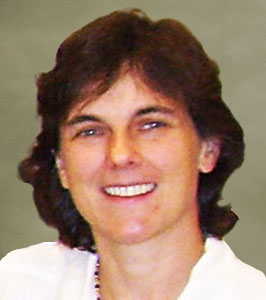
Rare Cell Detection by Flow Cytometry: Enables in-depth Characterization of Functional Lymphocyte Subsets
This presentation will describe the importance of sample size calculation for flow cytometric analysis and limitations of conventional flow cytometry regarding detection threshold and sensitivity. We will also discuss methods enabling rare cell detection and characterization of low frequency cell populations.
PRESENTER
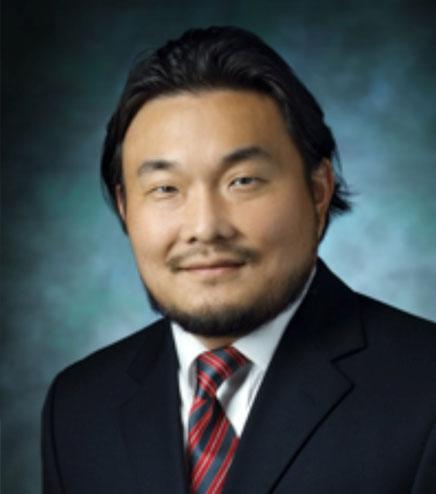
Bisulfite Pyrosequencing: Quantitative Approach for Assessing DNA Methylation
There continues to be much interest in epigenetics as one of the primary mechanisms that underlie numerous physiological and pathological processes, as well how organisms interact with the environment. In this webinar, I will cover the basics of bisulfite pyrosequencing, which is a highly quantitative method for measuring DNA methylation. I will also provide a brief overview of DNA methylation and use examples from my work to demonstrate how pyrosequencing can be applied in biomedical research.
PRESENTER
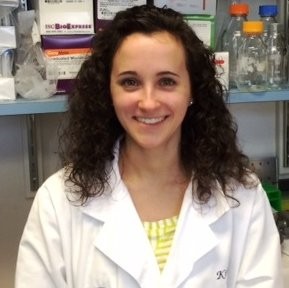
Modeling the prostate tumor microenvironment using organ-on-a-chip technology
Many of the current two-dimensional (2D) cell culture models used in prostate cancer research fail to recapitulate the prostate tumor microenvironment leading to low predictivity of the models. Physiologically based, 3D in vitro systems offer the potential to enhance the complexity and fidelity of 2D systems as they incorporate many components present in the in vivo tumor including extracellular matrix, stromal cell types, and perfusion. This presentation will review the setup and applications of a prostate tumor-on-a-chip model.
PRESENTER
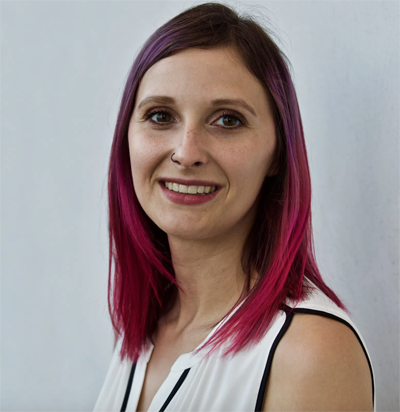
The What and Why of BioData Hackathons
Hackathons are a unique and flexible tool for community building, problem-solving, and learning new skillsets. In this webinar, we will provide an overview of hackathons, who participates and how they benefit the Bio Research community.
PRESENTER
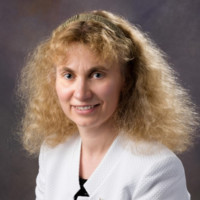
Immunological Properties of Engineered Nanomaterials: Experience of the Nanotechnology Characterization Lab.
The presentation will cover nanoparticle interaction with white and red blood cells, blood coagulation and complement proteins; the relationship between nanoparticle physicochemical properties and their immunological compatibility; benefits of nanotechnology for therapeutic purposes and concerns about their safety. The presentation will share the experience with nanoparticle characterization at the National Cancer Institute funded Nanotechnology Characterization Laboratory (NCL) and discuss resources available for the extramural research community at the NCL.
PRESENTER
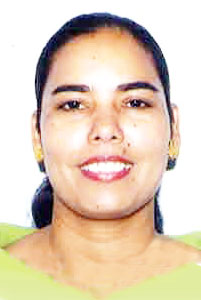
Therapeutic Antibodies Targeting Functions of CD47 in the Tumor Microenvironment
PRESENTER

Biomedical Research.
The "resolution revolution" in cryo-electron microscopy (cryoEM) ushered in the true determination of three-dimensional protein structures at an atomic level. No better example is the rapid solution of structures for the coronavirus spikes in the current epidemic, aiding development of countermeasures. Lesser known is the application of cryo-electron tomography (cryoET) to the determine the three-dimensional structures of viruses and parts of cells within their natural context. In this webinar, Dr. Heymann will explain some of the technical background to cryoEM to highlight its capabilities and limitations, and present a few examples from our studies.












